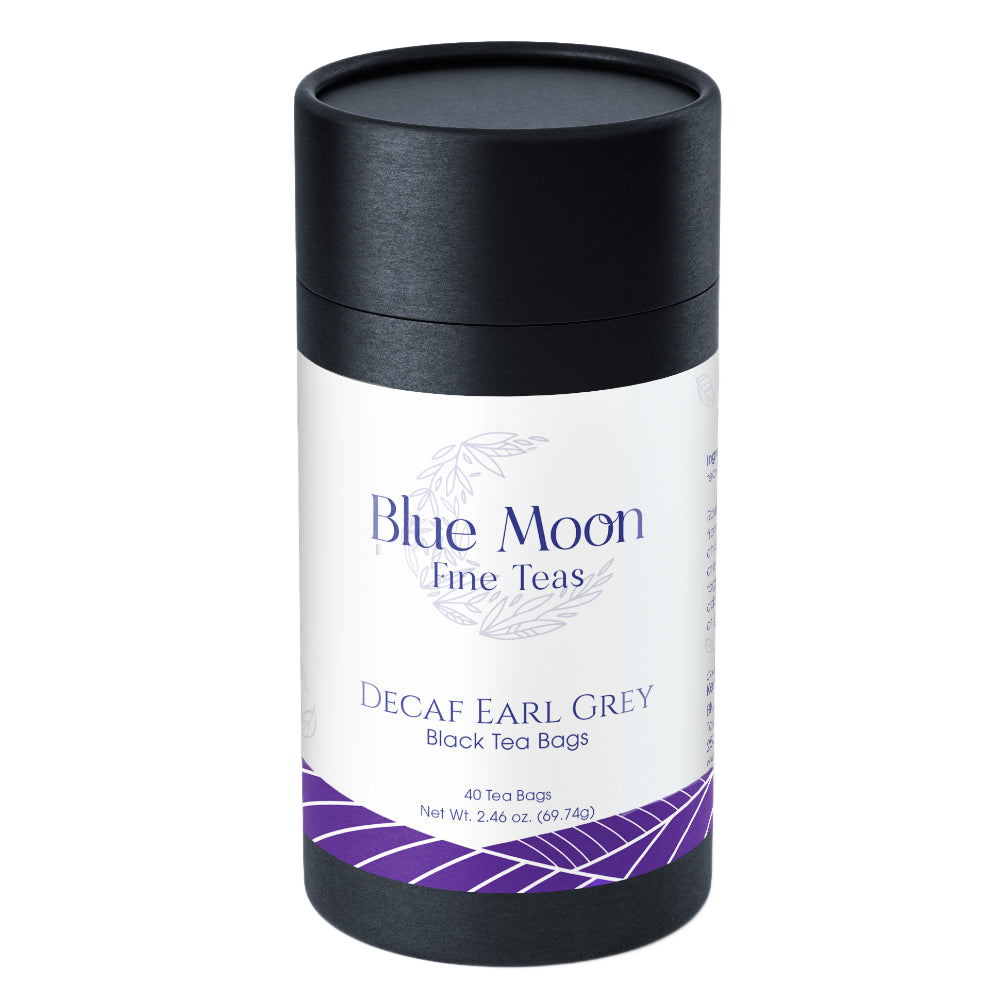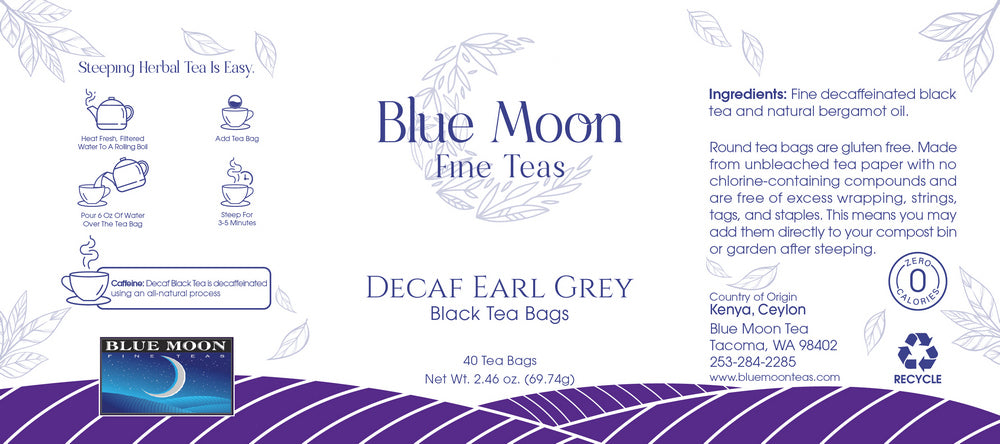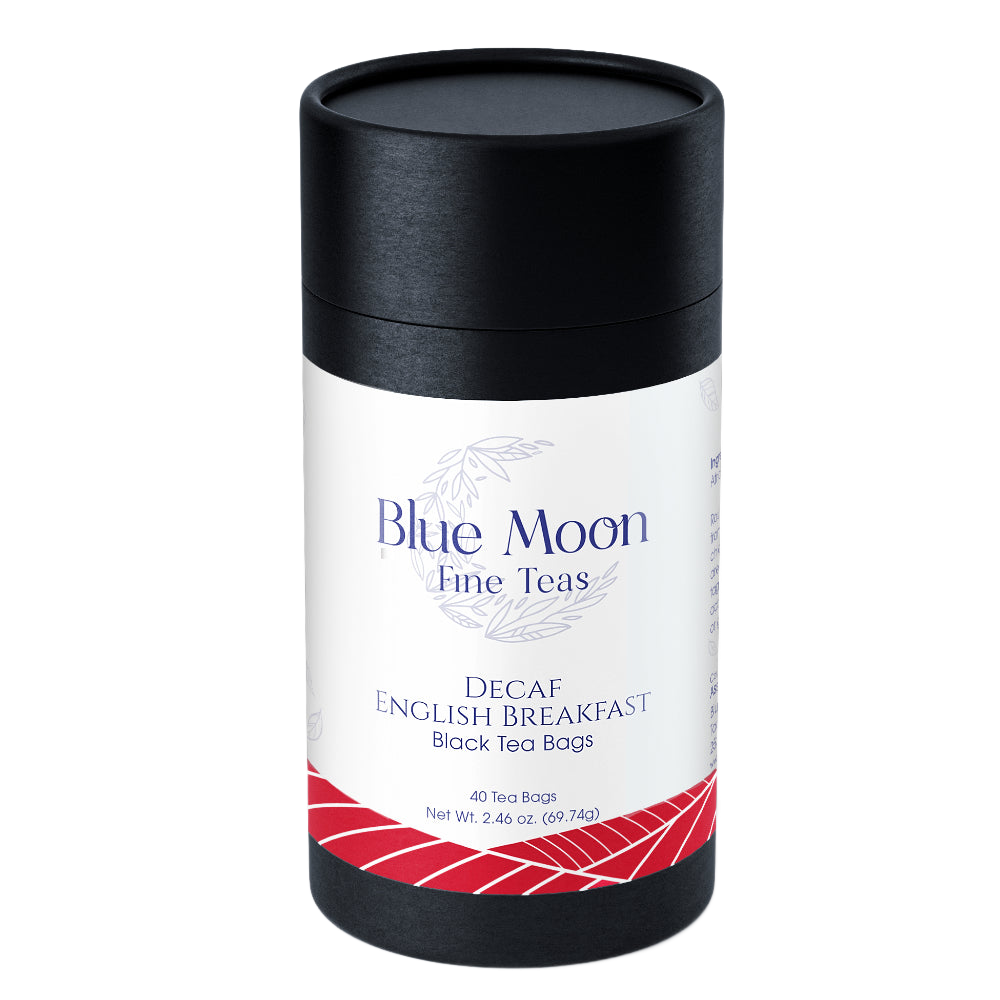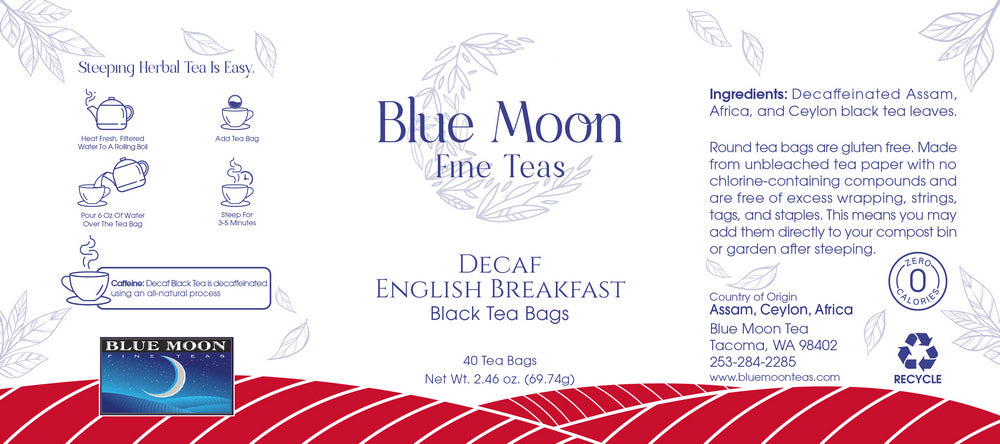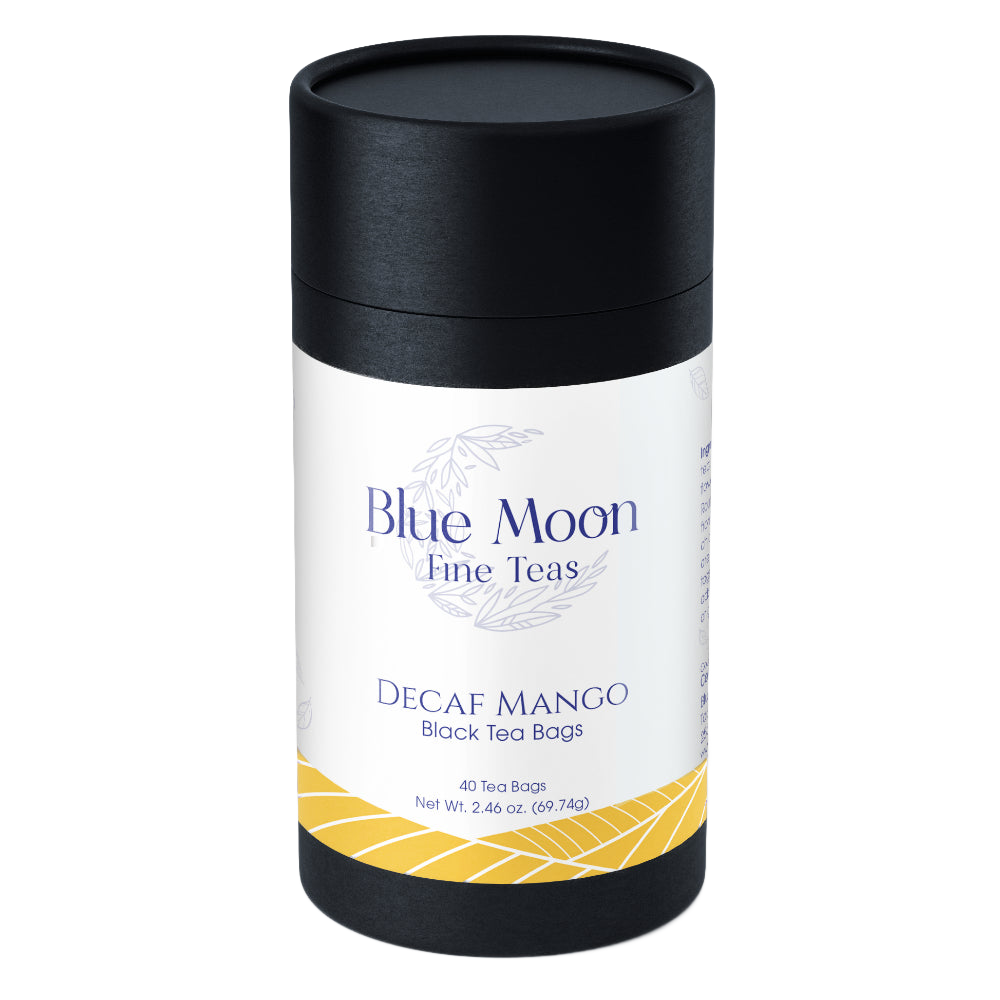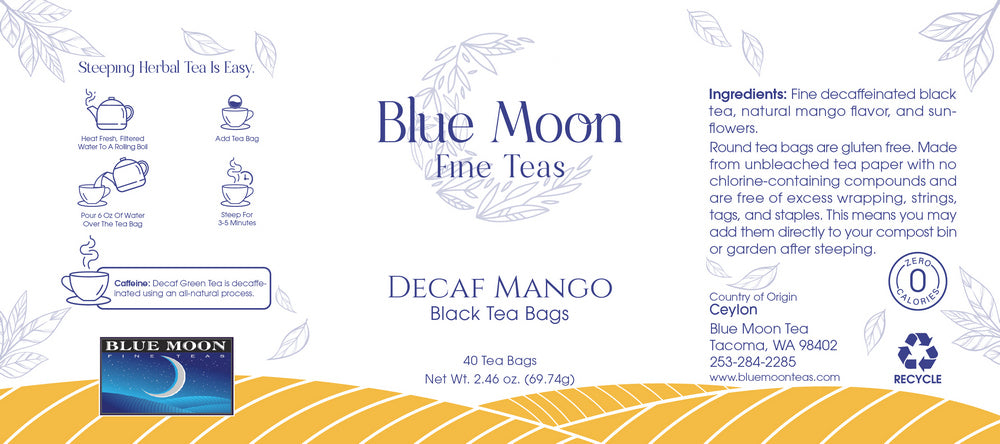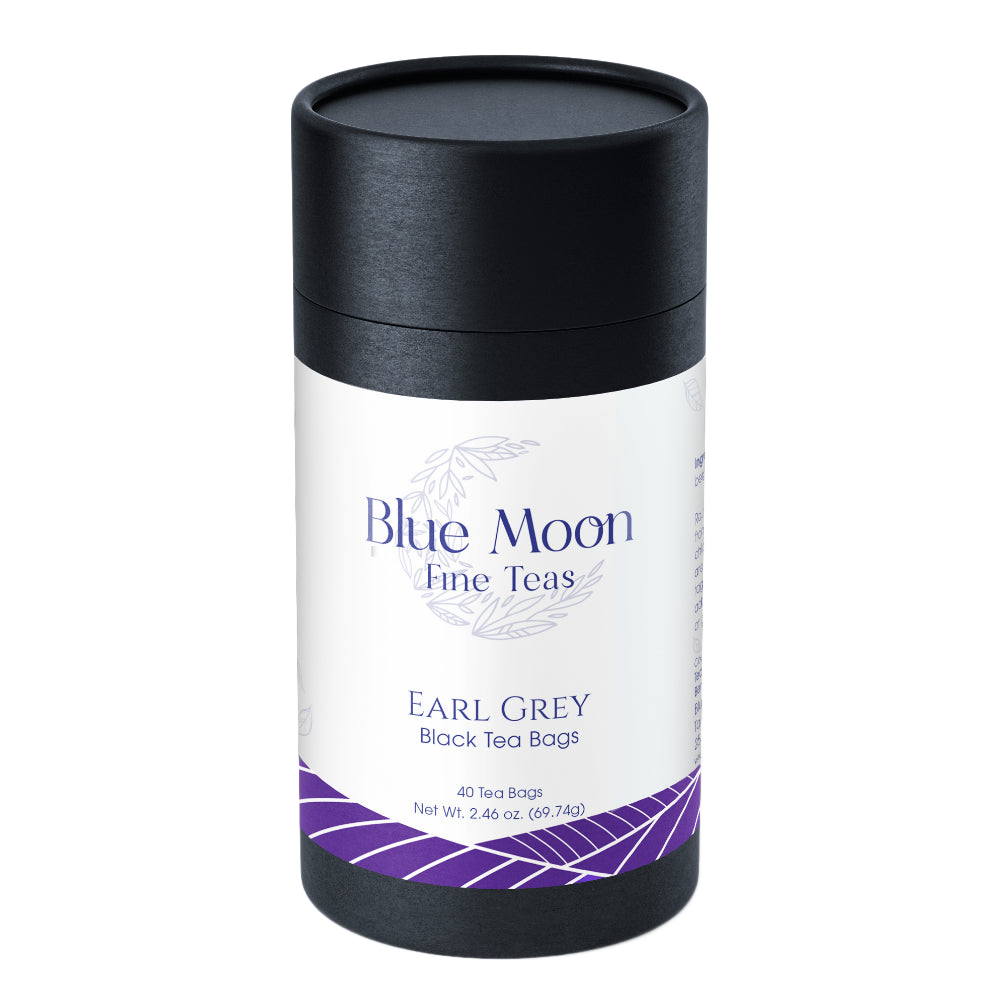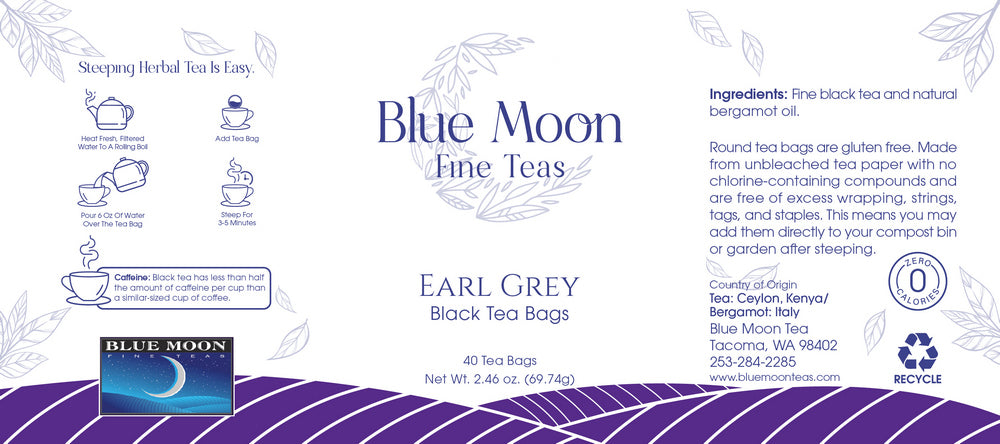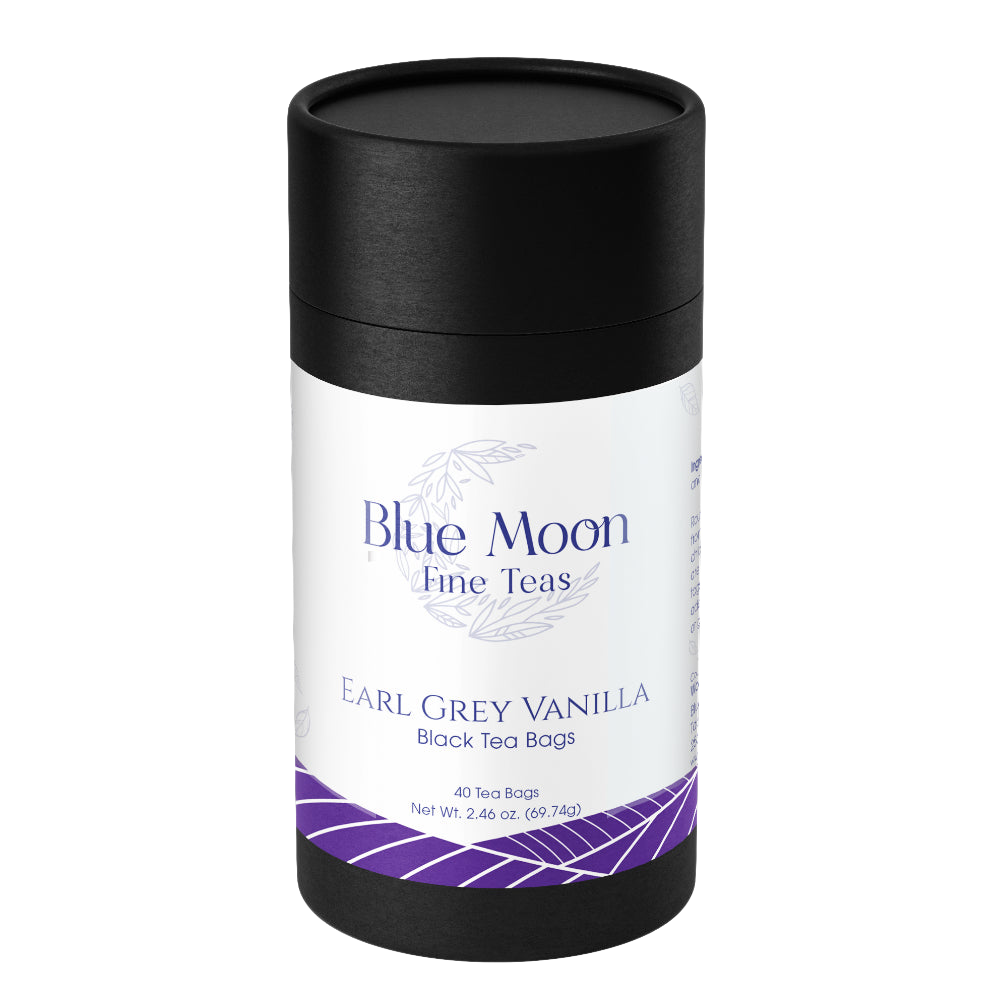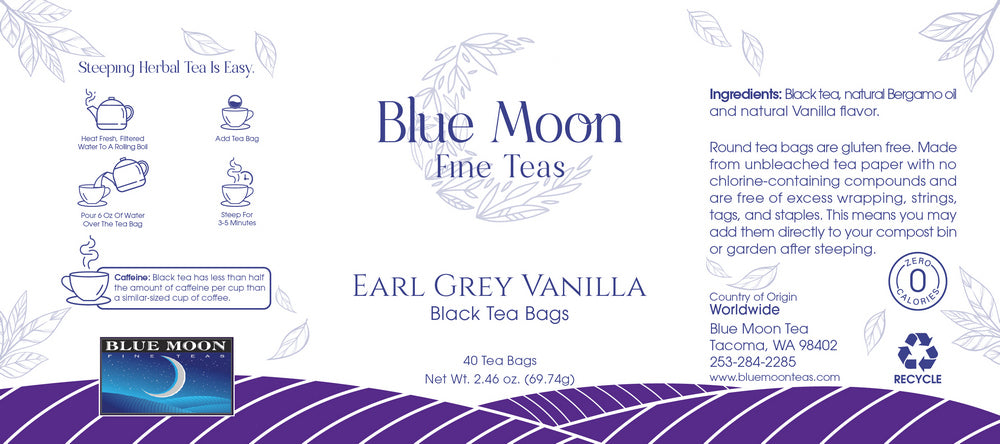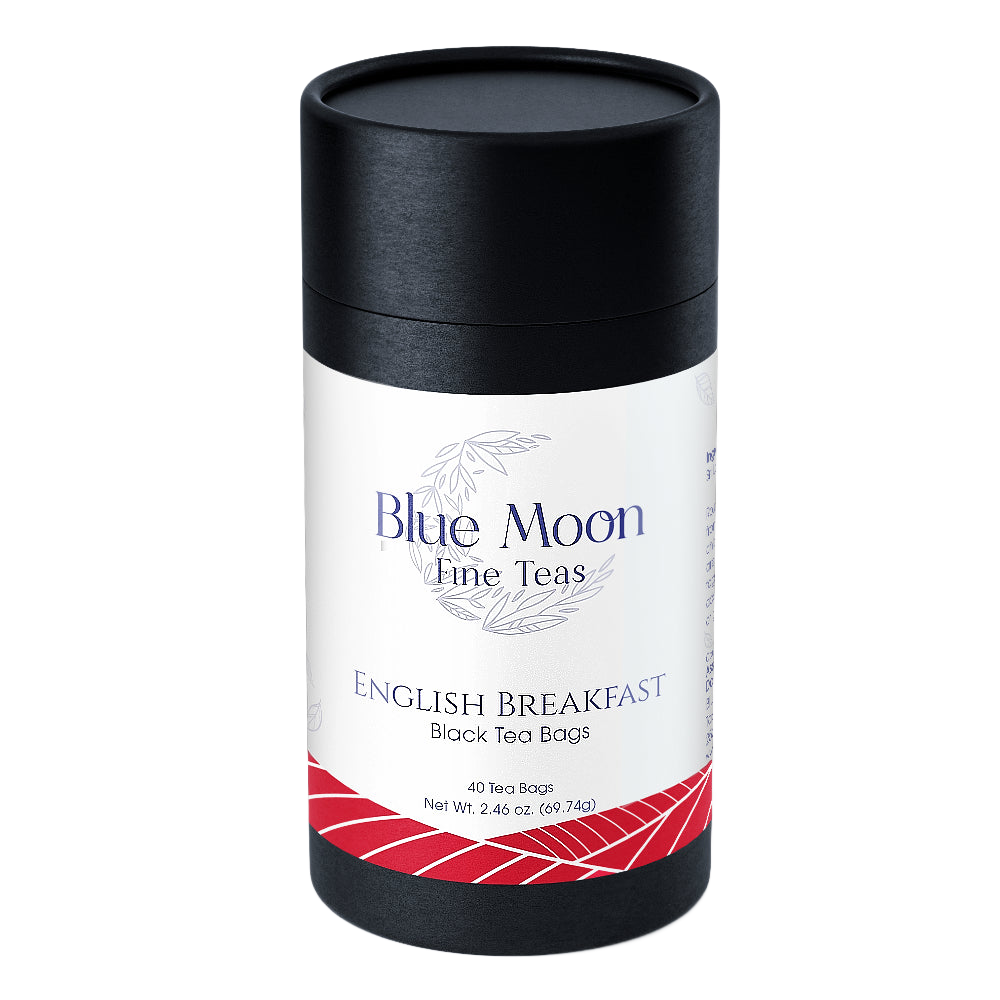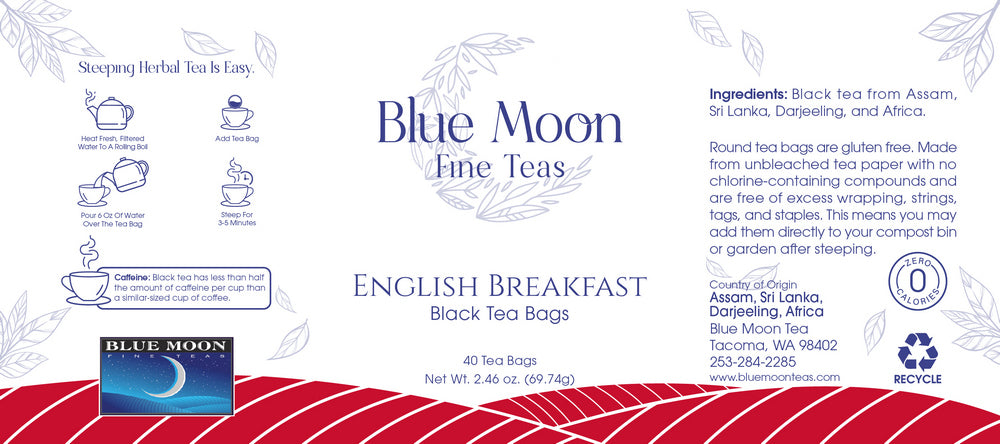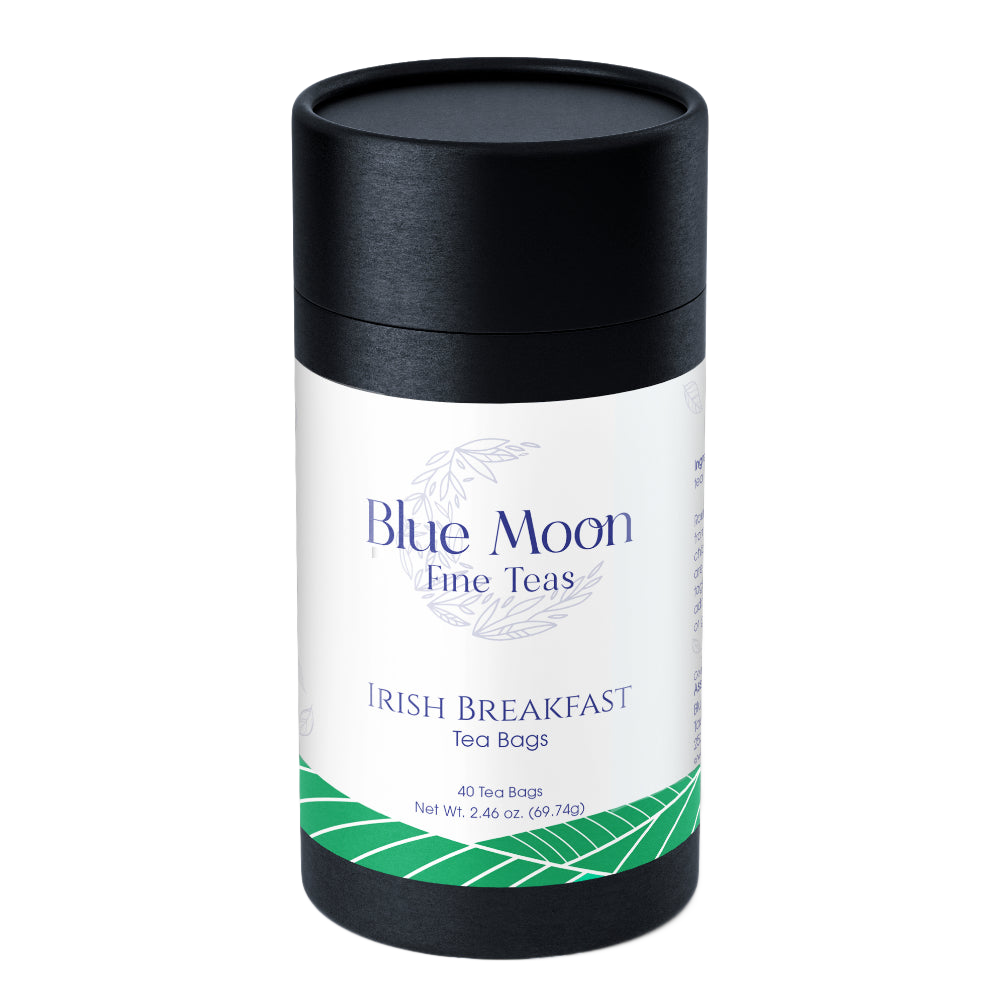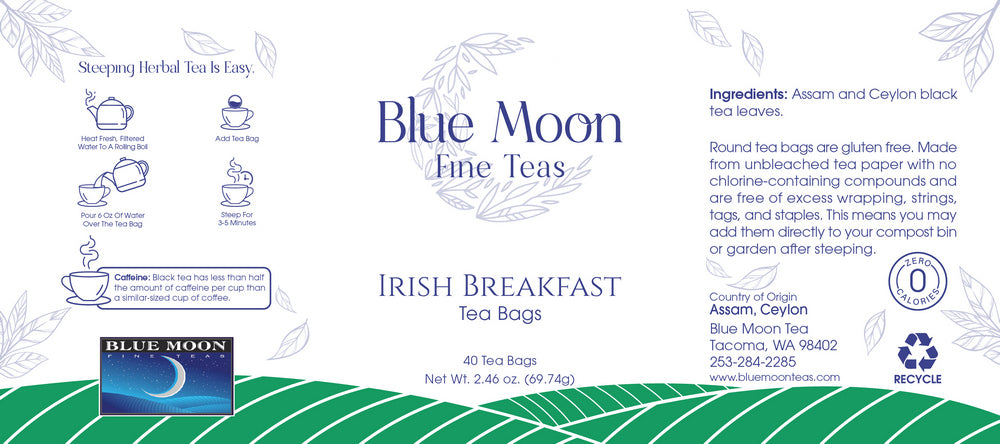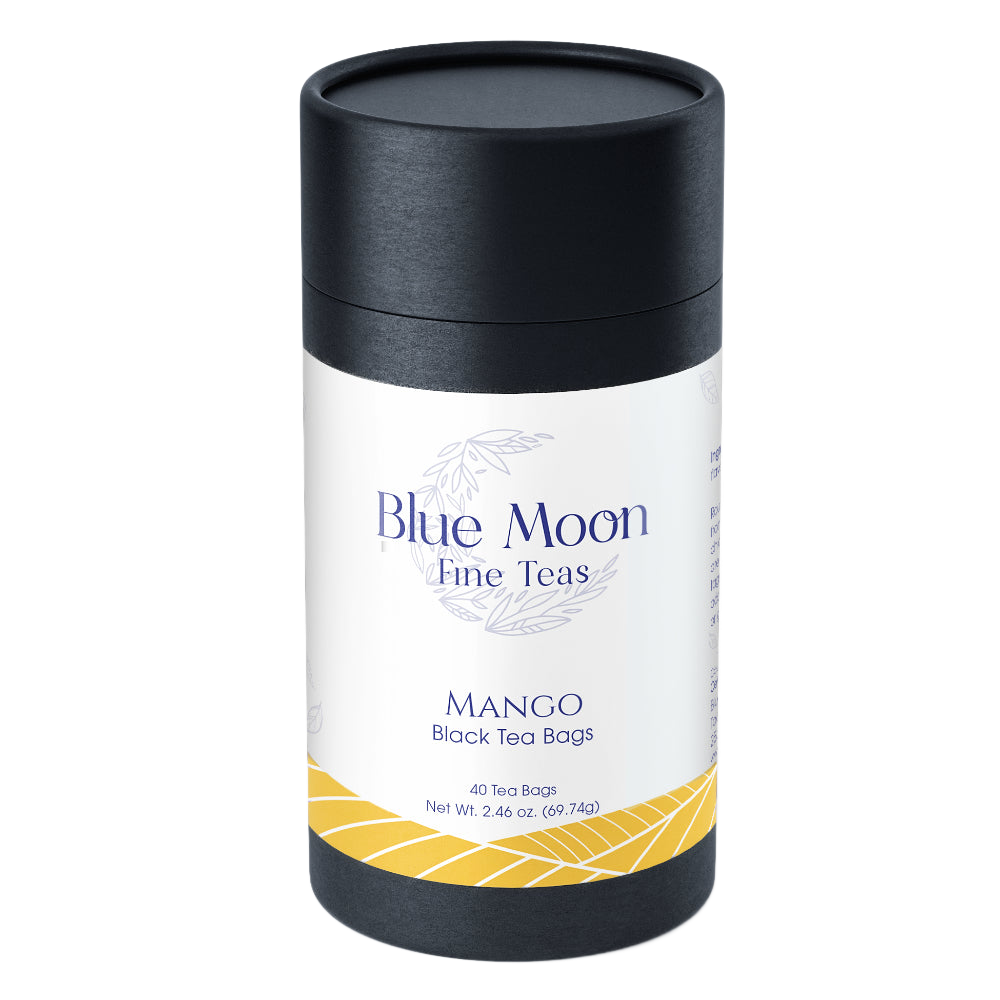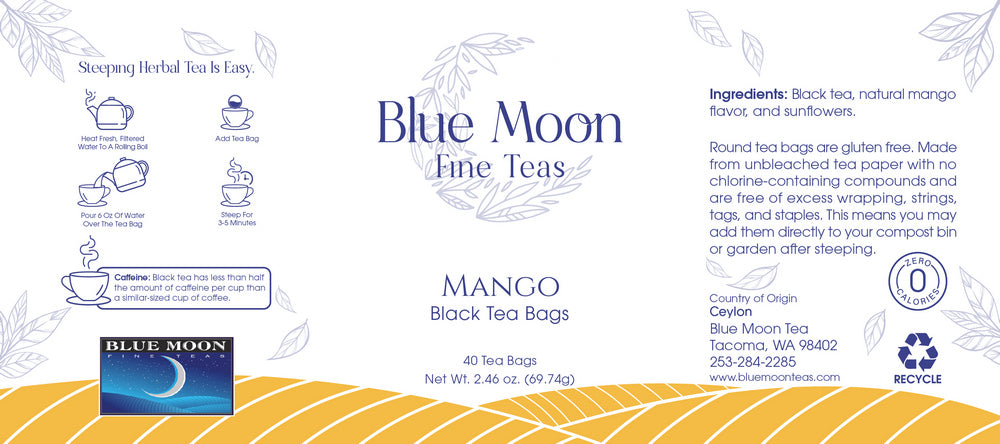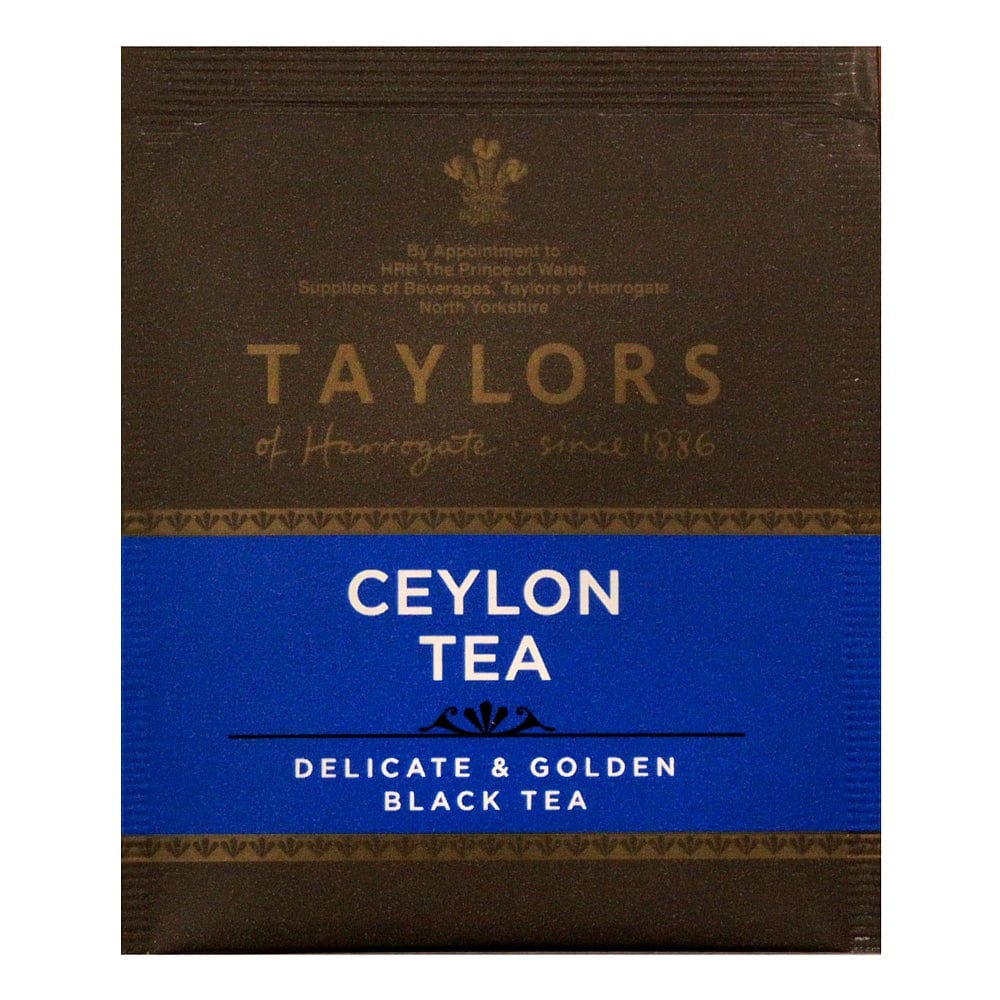Ceylon Black Teas with Caffeine - Ceylon Decaf Teas
Ceylon tea is blended with the best-known tea brands. Ceylon Tea estates are in Sri Lanka.
Many English and Irish Tea Brands blend Ceylon tea with other teas to create popular tea blends.
Compared to other types of tea, Ceylon black teas tend to have a moderate to high caffeine content. Caffeine levels can range from around 40 to 70 milligrams per 8-ounce cup of brewed Ceylon tea, although these numbers are approximate and vary.
Decaffeinated versions of Ceylon tea are available for those looking for lower-caffeine options. These teas undergo a process to remove most of the caffeine while preserving the flavor characteristics of the tea.
Suppose you're sensitive to caffeine or prefer to limit your intake. In that case, consider exploring decaffeinated Ceylon teas or experimenting with shorter brewing times or cooler water temperatures, as these factors can affect the extraction of caffeine during brewing.
- Ceylon Orange Pekoe (OP): This classic Ceylon tea is known for its bright, citrusy flavor. It's made from the tea plant's more significant, more mature leaves and is often enjoyed with milk and sugar.
- Ceylon Mango Tea: This is a flavored Ceylon tea infused with Mango. It has a warm, spicy flavor and is often enjoyed without milk.
- Ceylon Earl Grey Tea: Ceylon tea infused with bergamot oil. It has a floral, citrusy flavor and is often enjoyed without milk.
These are just a few examples of the many Ceylon teas available. Try a few different types to find the ones you enjoy most.
Ceylon tea, which originates from Sri Lanka (formerly known as Ceylon), offers several potential health benefits when consumed as part of a balanced diet. Here are some of the possible benefits:
-
Antioxidant properties: Ceylon tea contains antioxidants, such as flavonoids and polyphenols, which help protect the body from oxidative stress and damage caused by free radicals. These antioxidants may contribute to overall health and help reduce the risk of chronic diseases like heart disease and cancer.
-
Heart health: Some research suggests that regular consumption of Ceylon tea may help improve cardiovascular health by lowering LDL (bad) cholesterol and triglycerides and improving blood vessel function. This can reduce the risk of heart disease and stroke.
-
Weight management: Ceylon tea is low in calories and can be an excellent alternative to sugary beverages like soda and juice. Drinking Ceylon tea without added sugar or milk may support weight management efforts by promoting hydration and reducing overall calorie intake.
-
Digestive health: Like other types of tea, Ceylon tea contains compounds like tannins that may have anti-inflammatory and antimicrobial properties. These properties Can help support digestive health and alleviate symptoms of gastrointestinal discomfort.
-
Bone health: Some studies suggest that regular tea consumption, including Ceylon tea, may be associated with higher bone mineral density and a reduced risk of osteoporosis in older adults. The flavonoids found in tea may help improve bone strength and density.
-
Mental alertness: Ceylon tea contains caffeine, which can help improve alertness, focus, and cognitive function. Moderate consumption of caffeinated beverages like Ceylon tea may help enhance mental performance and reduce the risk of cognitive decline with aging.
Hydration: Like all beverages, Ceylon tea contributes to daily fluid intake, helping to keep the body hydrated and maintain overall health and well-being.
It's important to note that while Ceylon tea offers potential health benefits, excessive consumption should be avoided, as it can lead to side effects such as insomnia, anxiety, digestive issues, and dehydration. Additionally, adding excessive sugar or cream to tea can negate some health benefits. As with any dietary component, moderation is vital to reaping the benefits of Ceylon tea while minimizing potential risks.


